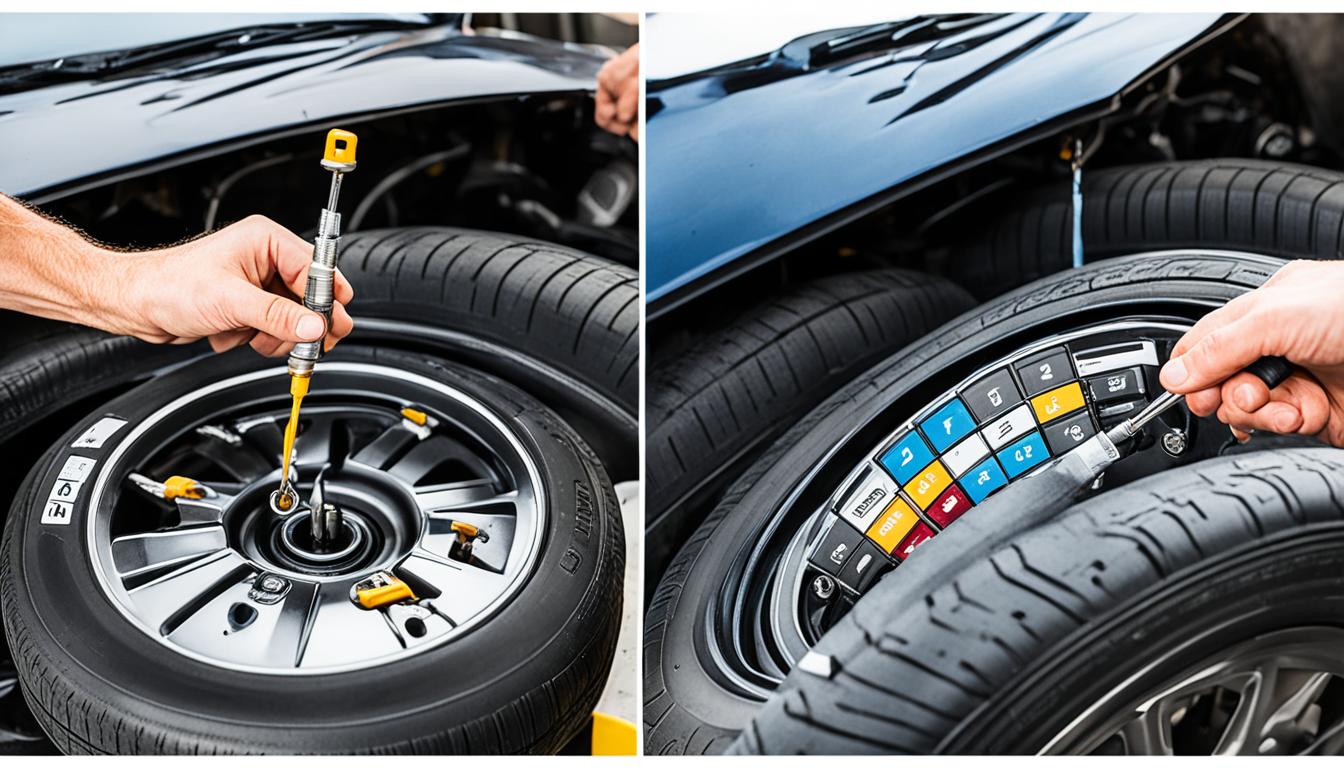All Categories
Featured

Automobile repair work can promptly end up being an economic burden, especially when handling significant problems that call for extensive job and costly components. Understanding the factors that influence the price of these repairs is important for lorry owners who intend to be prepared for the unanticipated. From the kind of repair service needed to the construct from your cars and truck, a number of essential components can determine how much you'll spend for repairs. Right here's a more detailed look at one of the most prominent elements:
- Kind of Repair service. The nature of the fixing plays a pivotal function in the price. Straightforward repairs, such as changing an ignition system or brake pads, are generally less costly due to the fact that they require fewer components and less labor. On the various other hand, repairs that include complicated systems like the transmission, engine, or electric systems have a tendency to be much more costly. These repair services usually need more specific components and experience, causing greater labor fees. Furthermore, if the fixing includes disassembling numerous parts, the labor prices can increase dramatically.
- Make and Model of Your Vehicle. Deluxe and foreign cars, such as BMWs, Audis, and Mercedes-Benz, typically come with greater fixing costs due to their specialized parts and the know-how needed to work on them. In comparison, even more usual automobiles like Ford or Toyota usually have much less expensive parts and are much easier for mechanics to work on, which decreases repair service prices.
- Parts Schedule and High Quality. The price of the parts required for the repair service is an additional major aspect. If you call for original tools maker (OEM) components, you can expect to pay even more, as these are designed especially for your automobile. While OEM components offer a higher degree of quality and integrity, they include a premium cost. Conversely, aftermarket components-- those made by third-party makers-- are frequently less expensive, however might not constantly match the top quality or resilience of OEM parts. The rarity of components, especially for older or specialty vehicles, can additionally drive up the expense, as locating appropriate substitutes can take time and effort.
- Labor Prices. These costs vary by area and repair store, with city locations typically charging higher rates due to overhead expenses. The intricacy of the repair work additionally plays a duty; repair services that need even more time or specialized understanding, such as working on an engine or electric system, will result in greater labor fees.
- Extent of the Damages. If the damage is considerable and calls for several components to be replaced or repaired, the expense will rise. When significant systems like the transmission or engine are impacted, the repair work cost can escalate rapidly due to the number of components and the labor included.
- Lorry Age and Problem. Older cars have a tendency to need more constant fixings, and as parts break with time, the price of those repairs can boost. Oftentimes, older automobiles are much more susceptible to concerns with their engine, transmission, or suspension. On top of that, parts for older designs may be tougher to discover, which can enhance both the cost and time required for repair work. If your automobile is still in great general condition and properly maintained, you may be able to extend its lifespan with fewer and less costly repair services. Cars and trucks with less miles on the odometer may also be much less most likely to need costly fixings in the future.
- Place of the Repair Service Store. The place of the repair service store can likewise affect the cost of car repair work. Additionally, dealerships commonly charge a lot more for repairs contrasted to independent fixing stores, although dealerships might make use of OEM components and provide customized service for your make and version.
- Insurance Coverage and Warranty Coverage. In some cases, extended service warranties or service plans can assist cover repair services for specific parts of the car. Furthermore, if the fixing is an outcome of a mishap, your car insurance plan may cover the price.

Final thought. Numerous variables influence the expense of significant vehicle repair work, including the type of fixing, the make and version of your automobile, the quality of the components utilized, and labor charges. Recognizing these components can aid you better prepare for fixing costs and make more enlightened choices when it's time for a significant repair.
Latest Posts
Experience the Boogaloo: Dining, Drinks, & Sports at FunCity Resort
Published Feb 06, 25
2 min read
The Advantages of Custom-made Furnishings: Why It's Worth the Investment
Published Jan 17, 25
0 min read
Exactly How Can Clients Tailor Furnishings to Suit Their Home Decoration?
Published Jan 10, 25
0 min read
More
Latest Posts
Experience the Boogaloo: Dining, Drinks, & Sports at FunCity Resort
Published Feb 06, 25
2 min read
The Advantages of Custom-made Furnishings: Why It's Worth the Investment
Published Jan 17, 25
0 min read
Exactly How Can Clients Tailor Furnishings to Suit Their Home Decoration?
Published Jan 10, 25
0 min read